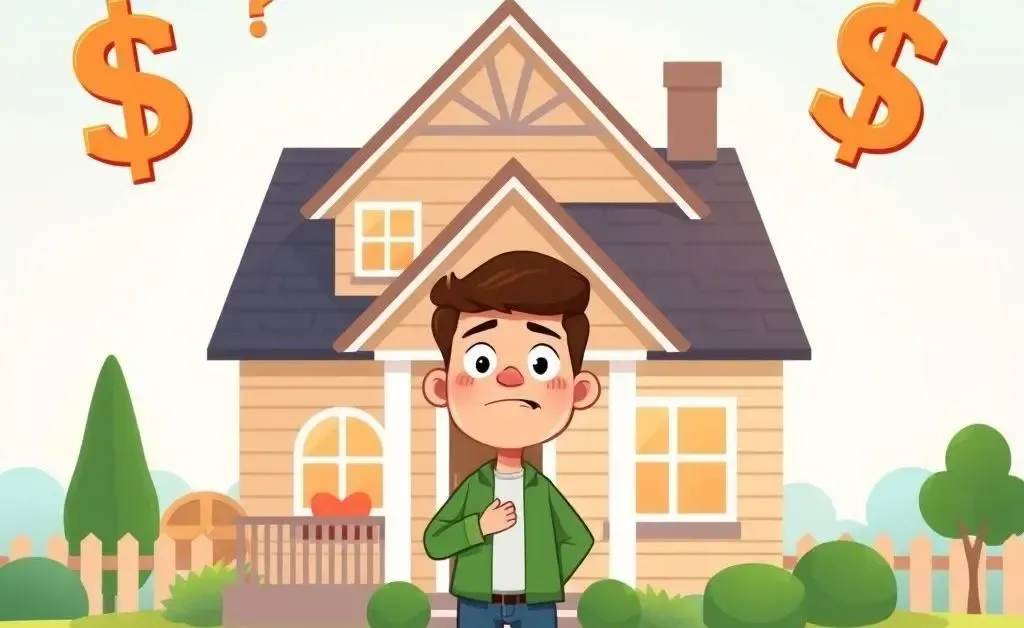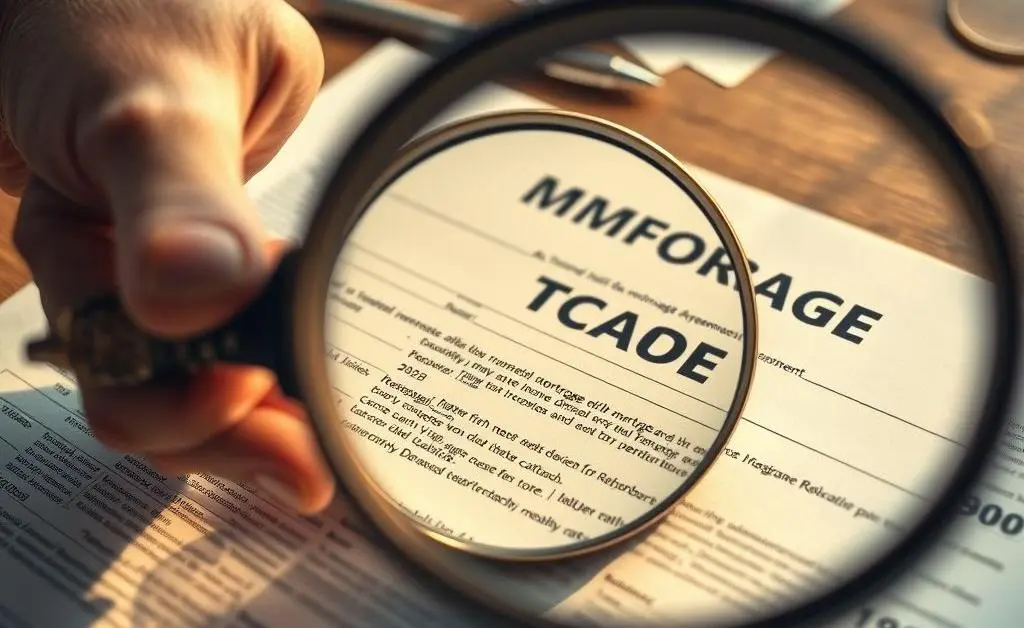Breaking a Fixed Mortgage: What You Need to Know
Considering breaking your fixed mortgage? Discover insights, costs, and tips before making this big decision.

Have you ever been curious about what happens when you break a fixed mortgage? Maybe you're thinking of swapping your 5-year fixed for a better rate? Well, my friend, you're not alone, and the answer isn't as straightforward as you might hope. Let's dive into the nitty-gritty of what it entails to break a fixed mortgage, what costs you might face, and some tips on how to decide what's best for you.
Understanding the Basics: What It Means to Break a Mortgage
First, let's get on the same page about what breaking a mortgage means. Essentially, it's ending the agreement with your lender before the term expires, often to take advantage of better interest rates. But – and this is a major 'but' – it usually comes with a prepayment penalty from your lender, which is designed to compensate them for the interest they were expecting to earn.

The Costs to Consider
When breaking a fixed mortgage, the costs can vary widely depending on factors like your outstanding balance and the length remaining on your term. Here's a quick breakdown of what to watch for:
- Interest Rate Differential (IRD): The difference between your original interest rate and the current rate, often the most significant part of the penalty.
- Posted Rate vs. Discounted Rate: Lenders may calculate penalties based on their posted rate rather than what you actually pay.
- Administrative Fees: Less thrilling, but some lenders sneak in small processing fees.
Weighing Your Options: Can It Be Worth It?
So, is breaking your mortgage a good move? Let's take a hypothetical scenario. Imagine Charlie. He's spotted a deliciously lower interest rate that could save him money long-term. Before jumping in, Charlie does the math:
He's six months into his 5-year term, and his penalty is $3,000. The new interest rate could save him $5,000 over the remaining term. In Charlie's case, breaking the mortgage looks beneficial.

Key Considerations
When contemplating whether to break your mortgage, consider:
- Current Rate Changes: Assess whether the new rate genuinely offers savings that surpass penalties.
- Market Volatility: Interest rates fluctuate, which could impact potential savings.
- Your Financial Situation: Stability and long-term plans matter when evaluating such significant financial decisions.
Tips for Savvy Decision-Making
Before making the leap, here are a few savvy tips:
- Consult a mortgage advisor who can crunch the numbers for you.
- Review your lender's penalty calculations on breaking a mortgage.
- Consider your future financial goals and how this decision aligns with them.

Conclusion: Is Breaking Your Mortgage Right for You?
The decision to break a fixed mortgage isn't one-size-fits-all; it's based on your unique circumstances. Remember Charlie and his calculated decision? That's the mindset to embrace. Reflect on your reasons, examine your penalties, and weigh potential savings carefully.
If you've broken a fixed mortgage before, what was your experience like? Did it save you money, or do you have any regrets? Share your thoughts in the comments – I’d love to hear your story!




